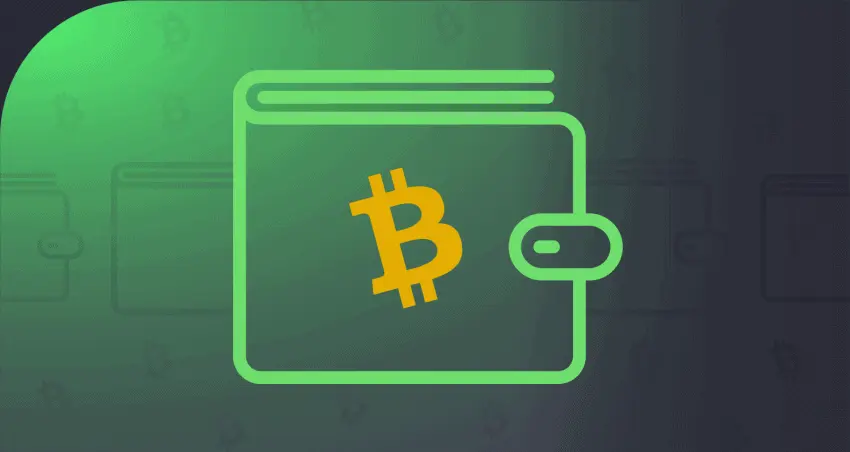
When it comes to digital currencies, safeguarding your digital assets is of paramount importance. Cryptocurrency wallets serve as your digital vaults, providing secure storage and management of your valuable virtual currencies. In this informative blog post, we will explore the world of cryptocurrency wallets, understanding their types, features, and best practices to ensure the protection of your digital wealth.
May you also like this: Crypto Craze: Understanding the Rise and Potential of Digital Currencies
Understanding Cryptocurrency Wallets

Cryptocurrency wallets are digital tools that allow you to store, send, and receive digital assets securely. These wallets utilize cryptographic techniques to ensure the integrity and privacy of your transactions. It’s important to note that cryptocurrency wallets do not store actual coins but rather the private keys necessary to access and manage your funds.
Types of Cryptocurrency Wallets
There are various types of cryptocurrency wallets to choose from, each offering different levels of security and accessibility. Hardware wallets, such as Ledger and Trezor, are physical devices that provide offline storage and protection against online threats. Software wallets, on the other hand, can be desktop, mobile, or web-based applications that offer convenience and accessibility. Lastly, paper wallets provide an offline method of storing private keys on a physical piece of paper.
Securing Your Wallet
To safeguard your digital assets, it is crucial to implement robust security measures. Firstly, ensure that you choose a reputable and trusted wallet provider. Set up a strong and unique password for your wallet, preferably using a combination of uppercase and lowercase letters, numbers, and special characters. Enable two-factor authentication (2FA) for an added layer of security. Regularly update your wallet software to benefit from the latest security patches and enhancements.
Best Practices for Cryptocurrency Wallets

To maintain the security of your cryptocurrency wallet, follow these best practices. Backup your wallet regularly and store the backup in a secure offline location. Avoid sharing your private keys or wallet credentials with anyone. Be cautious of phishing attempts and only download wallets or wallet-related software from official sources. Additionally, consider using multi-signature wallets that require multiple signatures for transactions, adding an extra layer of security.
Exploring Additional Wallet Features
Beyond the basic functionality of storing and managing your digital assets, many cryptocurrency wallets offer additional features. Some wallets support multiple cryptocurrencies, allowing you to manage different coins within a single interface. Others provide integration with decentralized exchanges, enabling you to trade your cryptocurrencies directly from your wallet. Explore the features offered by different wallets to find one that suits your specific needs.
Further content might you enjoy this: Understanding the Power of Smart Contracts on the Blockchain
Remember, the security of your digital wealth ultimately rests in your hands. Stay vigilant, educate yourself on the latest security practices, and select a reputable wallet provider to ensure the safety of your cryptocurrency investments.

Hi, I’m Dan and I write blogs for businesses. I’ve been doing this since 1994 and have written over 10,000 blog posts (and counting). I love writing about what you’re passionate about and how to make your business successful. So if you want to know more about blogging or social media marketing, just let me know!









